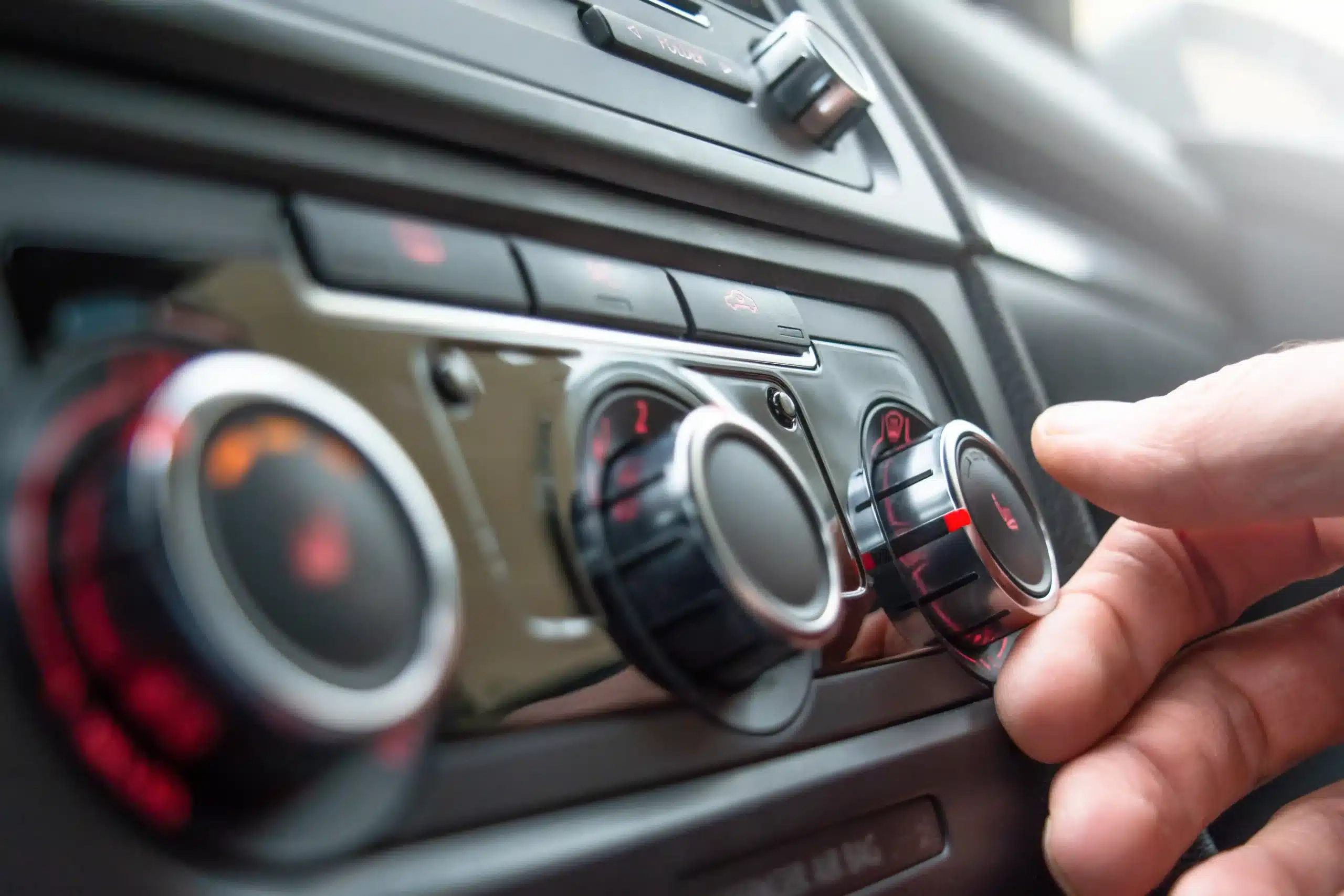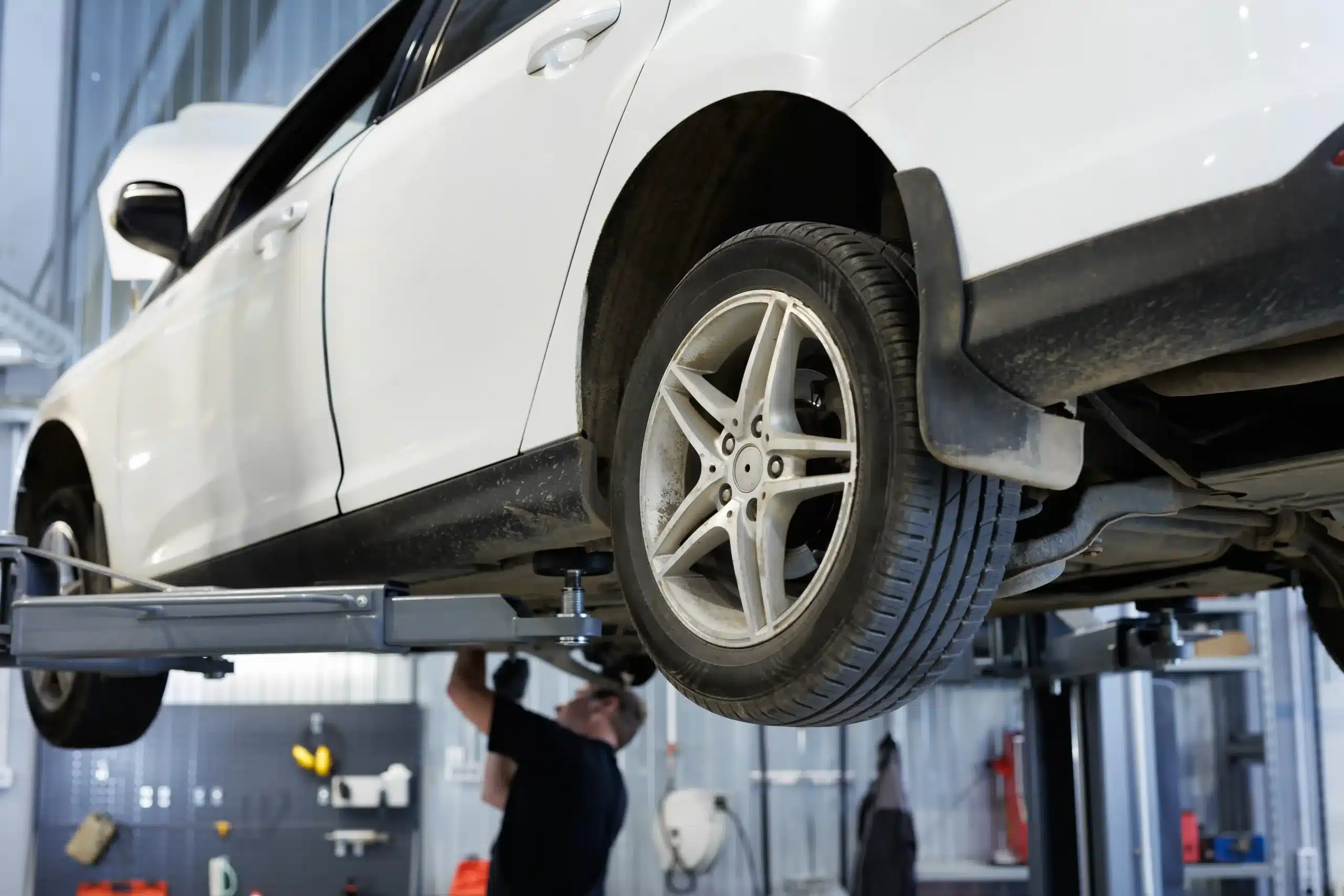Introduction: That Letter You’ve Been Ignoring
Let me guess – there’s a letter from your car manufacturer sitting in that pile of “I’ll deal with it later” mail on your kitchen counter. The one about some obscure part that apparently needs checking or replacing. And you’ve been thinking, “My car seems fine, what’s the rush?”
Well, buckle up, because that innocuous-looking letter might be more important than you realise. Millions of UK drivers are casually binning or ignoring vehicle recall notices, blissfully unaware that they’re potentially driving around in an uninsured car. Yes, you read that correctly – uninsured.
It turns out that small piece of paper isn’t just the manufacturer being fussy about some minor technicality. It could be the difference between having your insurance claim honoured or finding yourself in a financial black hole after an accident. So before you use that recall notice as a coaster for your cuppa, let’s talk about what’s really at stake.
The Shocking Numbers: Just How Many of Us Are Taking the Risk?
If you’ve been ignoring recall notices, you’re in crowded company. Recent research suggests that up to 2.3 million UK drivers are currently driving vehicles with outstanding recall notices. That’s roughly equivalent to the entire population of Birmingham and Manchester combined, all potentially rolling the dice with their insurance coverage every time they pop to Tesco.
“Many drivers simply don’t understand the seriousness of these notices,” explains Emma Richards, an insurance specialist at Financial Protection Services. “They see them as optional upgrades rather than essential safety fixes. The reality couldn’t be more different.”
The Driver and Vehicle Standards Agency (DVSA) issues around 400 vehicle recall notices annually, affecting millions of vehicles. Yet the response rate hovers at a worrying 70%, leaving a significant number of potentially dangerous vehicles on our roads. And while we Brits are generally pretty good about most car maintenance matters, recall notices seem to be our blind spot.
What’s Actually in a Recall Notice?
Before we dive deeper into the financial quicksand you might be stepping into, let’s clarify what these recalls are all about.
Vehicle recalls are issued when manufacturers identify a safety-related defect or non-compliance with safety standards. These aren’t cosmetic issues or minor inconveniences – they’re problems that could potentially:
- Affect your car’s braking capability
- Increase fire risk
- Compromise airbag functionality
- Cause steering problems
- Lead to sudden engine failure
“The severity ranges from ‘this needs fixing soon’ to ‘stop driving immediately,'” notes David Thompson, a former DVSA inspector. “But manufacturers don’t issue these notices for fun – there’s always a genuine safety concern behind them.”
The most infamous recall in recent years was the Takata airbag recall, affecting millions of vehicles globally. These airbags could potentially deploy with excessive force, sending dangerous metal fragments flying through the vehicle. Not exactly the kind of surprise you want on your morning commute, is it?
The Insurance Nightmare: How Recalls Affect Your Cover
Right, onto the bit that might make you wince – the potential financial implications of ignoring that recall letter.
Here’s the harsh reality: if you have an accident that’s related to a component that’s subject to an outstanding recall, your insurer could refuse to pay out. And we’re not talking about some obscure clause buried in the fine print – this is standard practice across the industry.
Insurance policies typically require you to maintain your vehicle in a roadworthy condition. Ignoring a safety recall is essentially failing to meet this requirement. It’s a bit like telling the police officer who’s just stopped you that you meant to fix those bald tyres next week.
The financial hit could be substantial:
Scenario 1: You have a minor accident causing £2,000 damage to your car and another vehicle. If your insurer discovers you ignored a recall related to the braking system that contributed to the accident, they could reject your claim, leaving you to cover both repair bills out of pocket.
Scenario 2: You’re involved in a more serious accident resulting in personal injury to another driver. The potential liability could run into tens or even hundreds of thousands of pounds. Without valid insurance, those costs fall directly on your shoulders.
“We’ve seen cases where drivers have faced financial ruin because they didn’t respond to a recall notice that would have taken an hour of their time to address,” says Richards. “It’s one of the most disproportionate risk-to-consequence scenarios in personal finance.”
But My Car Seems Fine! Why the Fuss?
I know what you’re thinking – your car drives perfectly well, so surely this is all a bit of manufacturer overreaction?
This is where things get tricky. Many recall-worthy faults aren’t immediately obvious. Your car might indeed feel perfectly normal right up until the moment something catastrophically fails.
Take the case of James, a 42-year-old accountant from Bristol, who ignored a recall notice for his family SUV because “the car was running like a dream.”
“Three months later, I was on the M4 when the steering suddenly became extremely difficult to control,” he recounts. “I managed to pull over safely, but when the recovery service arrived, they immediately identified it as the exact issue mentioned in the recall notice. I’d been putting my family at risk without realising it.”
The repair, which would have been free if he’d responded to the recall, ended up costing him £380 because his local dealer classified it as an emergency repair rather than a recall fix. And he considered himself lucky it hadn’t caused an accident.
The Process: It’s Not As Painful As You Might Think
Here’s some good news to balance all that doom and gloom – addressing a recall is typically painless, quick, and completely free.
The process usually looks something like this:
- You receive a letter from the manufacturer outlining the issue and advising you to contact your local dealership
- You book an appointment at a time convenient for you
- You drop off your car
- The dealership makes the necessary repairs or replacements at no cost to you
- You collect your fully legal, fully insured vehicle
Many dealerships will even offer a courtesy car for the duration of the repair. And while there might be the occasional story of longer waits for parts for certain recalls, the vast majority are sorted within a few hours.
“It’s probably the only aspect of car maintenance where someone else picks up the entire tab,” notes Thompson. “Even with the time involved, it’s surely worth it for the peace of mind alone.”
How to Check If Your Vehicle Has Outstanding Recalls
Not sure if your vehicle has any outstanding recalls? Don’t worry, checking is straightforward:
Option 1: Visit the government’s vehicle recall checker at check-vehicle-recalls.service.gov.uk. You’ll need your vehicle registration number.
Option 2: Contact your vehicle manufacturer directly with your Vehicle Identification Number (VIN).
Option 3: Ask your local dealership to check their records when you next take your car in for a service.
It’s worth checking even if you’ve never received a recall notice, especially if you’ve bought a used car. Previous owners may have binned the letters before selling the vehicle, leaving you unwittingly exposed.
Beyond Insurance: Other Financial Implications
While invalidated insurance is the headline risk, there are other financial implications worth considering:
Resale value: Vehicles with outstanding recalls can be worth significantly less when you come to sell. Many buyers now check for recall history, and outstanding issues are a red flag.
MOT implications: While recalls aren’t directly part of the MOT test, the underlying issues might cause your vehicle to fail if they affect testable components.
Future insurability: Once you’ve had a claim denied due to an unaddressed recall, you’ll likely need to declare this on future insurance applications, potentially increasing your premiums for years to come.
Extended warranty voidance: Many extended warranties include clauses requiring you to address safety recalls promptly.
As Colin Fraser, a used car valuations expert, puts it: “Ignoring recalls is one of the few car maintenance oversights that can continue to cost you money long after you’ve sold the vehicle, through reduced resale value and potentially complicated sales processes.”
The Future: Digital Tracking and Automatic Enforcement
Looking ahead, the days of being able to “accidentally” miss recall notices might be numbered.
The DVSA is reportedly exploring linking recall compliance to vehicle registration and MOT systems. This could potentially mean that vehicles with long-standing, unaddressed recalls might be refused an MOT certificate or even have their registration temporarily suspended.
“Technology is making it increasingly difficult to plead ignorance,” explains Thompson. “The direction of travel is clear – recalls will become effectively mandatory rather than advisory.”
Some manufacturers are already building recall alerts into their connected car systems, meaning your dashboard might soon be telling you about recalls before the letter even arrives in the post.
Conclusion: A Small Effort for Major Protection
While it might be tempting to file that recall notice in the circular filing cabinet (that’s the bin, to you and me), the potential consequences make it a gamble that simply isn’t worth taking.
For an hour or two of your time and precisely zero pounds from your wallet, you can ensure your vehicle remains safe, legal, fully insured, and maintains its value. As financial equations go, that’s about as straightforward as they come.
So go on, fish out that letter from the pile, make the call, and book that appointment. Your bank balance – and potentially your safety – will thank you for it. After all, as we’ve seen, when it comes to vehicle recalls, ignorance isn’t bliss – it’s just expensive.








